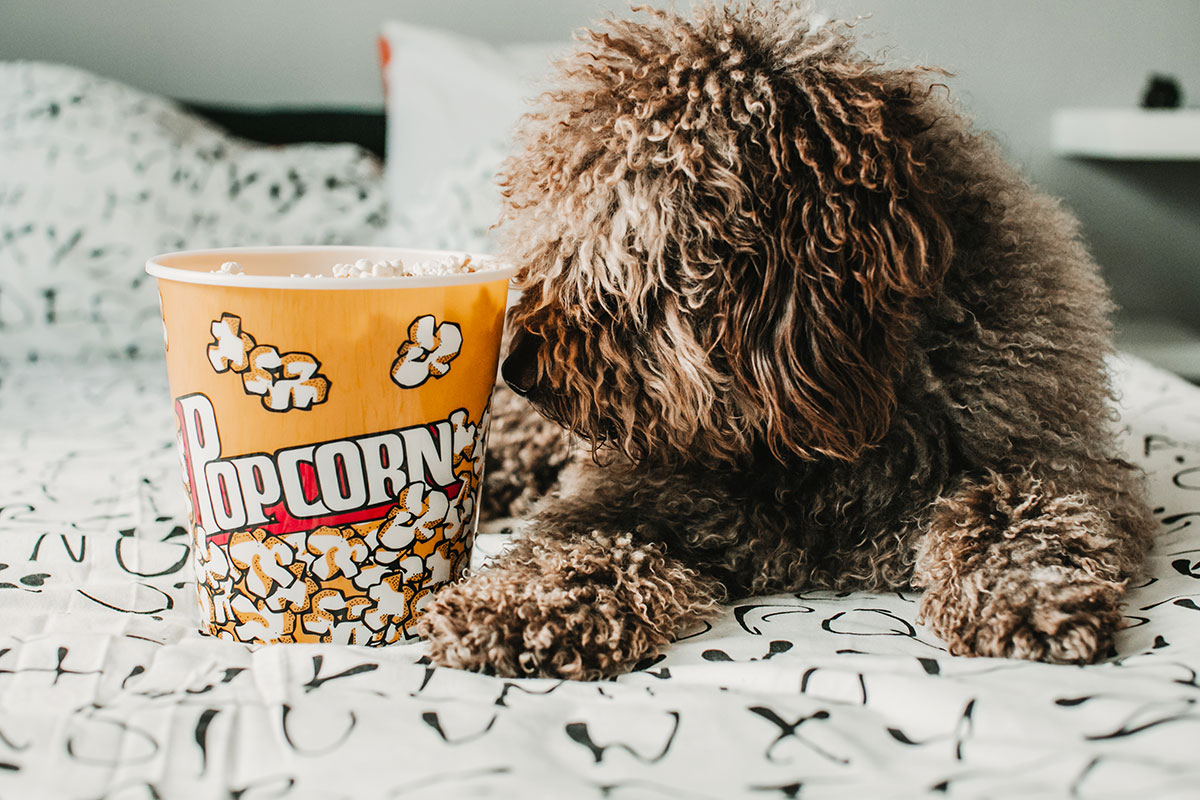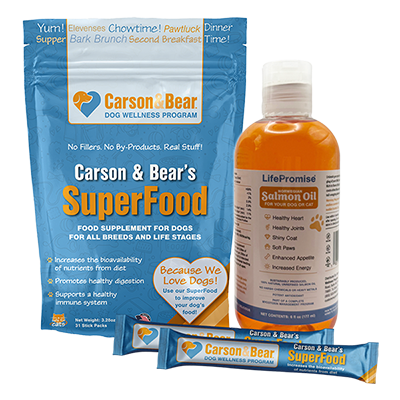Popcorn is a popular snack for humans, but can our canine companions enjoy it too? The answer is: it depends! While a few pieces of plain, air-popped popcorn are generally safe for dogs, there are some important things to consider before sharing this treat with your furry friend.
The Good News:
Non toxic: Popcorn is safe for dogs to eat and is not toxic, which means feeding a couple pieces every once in a while is unlikely to cause harm.
Minerals: It also contains small amounts of minerals but not significant enough to contribute meaningfully to their overall diet
The Not-So-Good News:
While plain popcorn can be an okay occasional treat, there are some potential downsides:
- Added Butter and Salt: Most of us enjoy popcorn with butter, salt, and other flavorings. However, these additions can be harmful to dogs. Too much salt can lead to dehydration or even sodium ion poisoning, while excessive butter and oil can cause digestive upset, obesity, and pancreatitis.
- Large Quantities: Like any treat, popcorn should be given in moderation. Too much popcorn can contribute to weight gain and other health issues.
- Hulls: The tough, fibrous hulls of popcorn kernels can be difficult for dogs to digest, potentially leading to stomach discomfort or indigestion
- Carbs: Popcorn is a carbohydrate-heavy food, which is not ideal for dogs, particularly if their primary diet consists of kibble that already includes carbohydrates. Making it an unnecessary addition to their diet. Instead, choosing nutrient-dense, species-appropriate treats will better support a dog’s health and well-being.
How to Safely Give Your Dog Popcorn:
If you choose to share popcorn with your dog, follow these guidelines:
- Air-Pop It: Avoid using oil or butter. Air-popping is the healthiest way to prepare popcorn for your dog.
- Keep it Plain: Don’t add any salt, butter, or other seasonings.
- Small Quantities: Offer only a few pieces at a time, especially if it’s your dog’s first time trying popcorn.
- Monitor Your Dog: Watch your dog closely while they’re eating popcorn to make sure they don’t choke on any un-popped kernels.
- Occasional Treat: Popcorn should be an occasional treat, not a regular part of your dog’s diet.
Better alternatives to Popcorn:
Treats or toppers should make up no more than 10% of a dog’s daily caloric intake, and using that allowance on popcorn is not recommended. If you’re looking for other healthy snacks to share with your dog, consider these options:
- Fruits and vegetables: Many fruits and vegetables, such as apples (no seeds!), bananas, carrots, and green beans, make great treats for dogs.
- Commercial dog treats: Choose high-quality treats that are specifically formulated for your dog’s size and dietary needs.
Popcorn as a Training Treat:
Popcorn can be a fun and healthy occasional treat to use in training sessions. Its light and airy texture makes it easy to break into small pieces, and many dogs enjoy the taste. However, there are a few things to keep in mind:
- Moderation: Even though popcorn is relatively low in calories, it’s still important to use it sparingly as a training treat. Too many treats, even healthy ones, can contribute to weight gain.
- Potential for Mess: Popcorn can be a bit messy, especially for enthusiastic eaters. Be prepared for some crumbs!
Comparing Different Types of Popcorn:
- Air-Popped: This is the healthiest option for dogs. It’s free of added oils, butter, and salt.
- Microwave Popcorn: Most microwave popcorn contains added butter, flavorings, and preservatives that can be harmful to dogs. It’s best to avoid this type altogether.
- Stovetop Popcorn: You can make popcorn on the stovetop with a small amount of oil, but it’s important to choose a healthy oil, such as coconut oil. However, air-popping is still the preferred method.
How Much Popcorn is Too Much?
As with any treat, moderation is key. The “10% rule” is a good guideline to follow. This means that treats, including popcorn, should make up no more than 10% of your dog’s daily calorie intake.
Here’s a rough estimate of how much popcorn might be appropriate:
- Small dogs (under 20 pounds): A few pieces
- Medium dogs (20-50 pounds): A small handful
- Large dogs (over 50 pounds): A slightly larger handful
While small amounts of plain, air-popped popcorn are unlikely to cause serious harm, it’s generally better to opt for more digestible and nutrient-rich treats to avoid unnecessary gut disturbances.
And it’s always best to consult your veterinarian for specific recommendations based on your dog’s individual needs and health conditions.
When in Doubt, Ask Your Vet:
If you have any concerns about giving your dog popcorn or any other human food, it’s always best to consult your veterinarian. They can advise you on what’s safe and healthy for your furry friend.
References:
- American Kennel Club. (n.d.). Can dogs eat popcorn? Retrieved from https://www.akc.org/expert-advice/nutrition/can-dogs-eat-popcorn/
- Case, L. P., Daristotle, L., Hayek, M. G., & Raasch, M. F. (2011). Canine and feline nutrition: A resource for companion animal professionals. Mosby.
- PetMD Editorial. (2023). Can dogs eat popcorn? Retrieved from https://www.petmd.com/dog/nutrition/can-dogs-eat-popcorn



